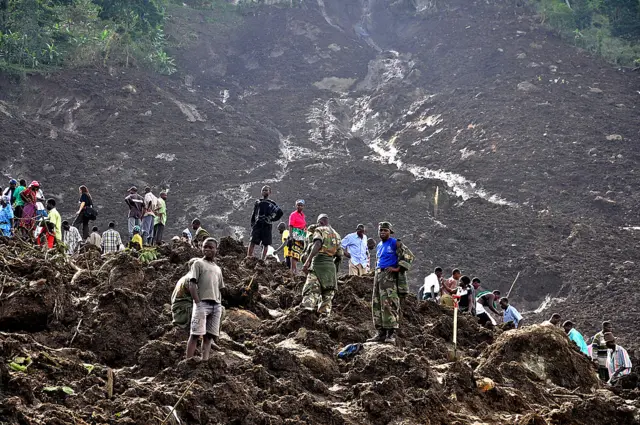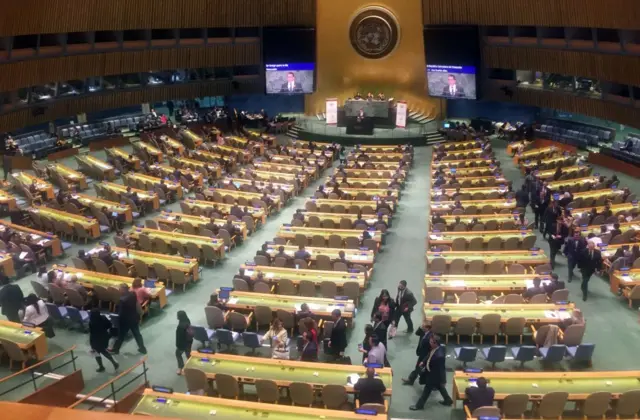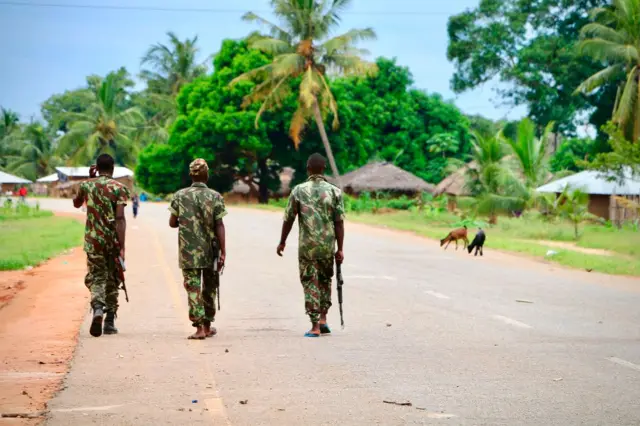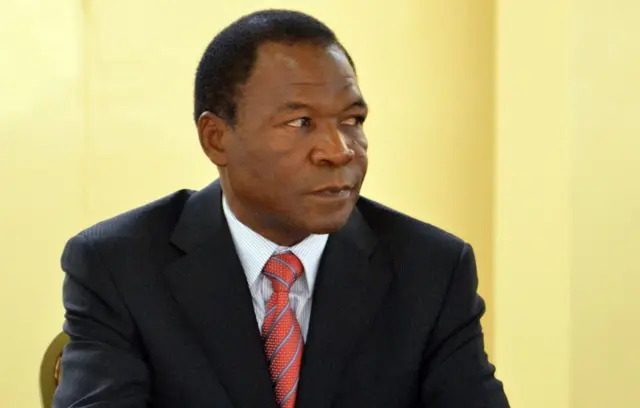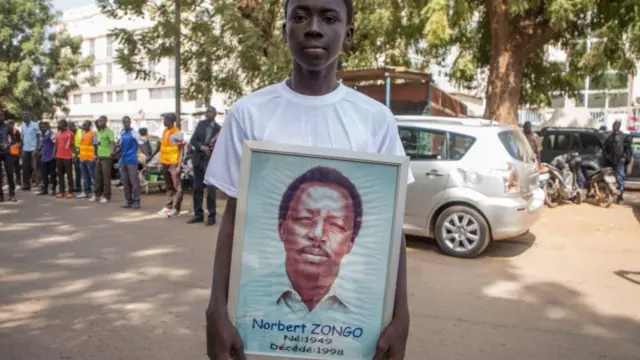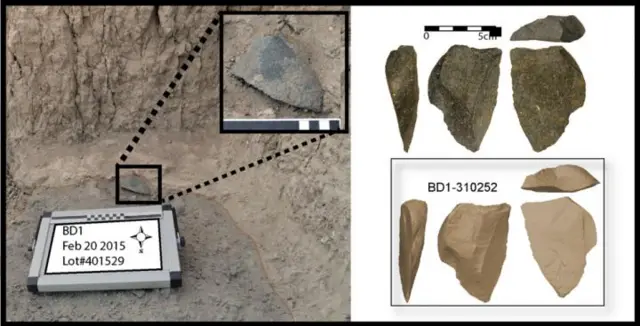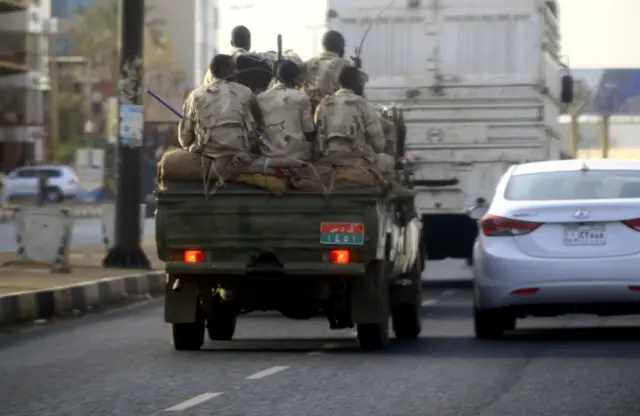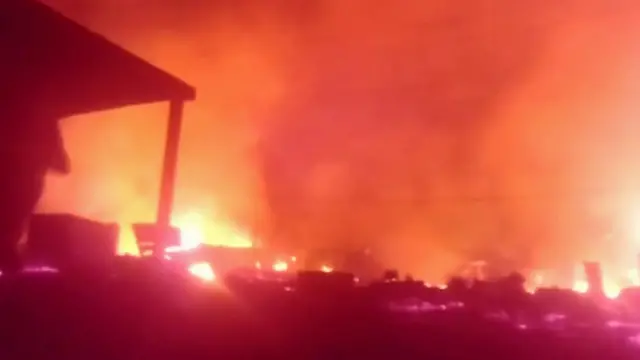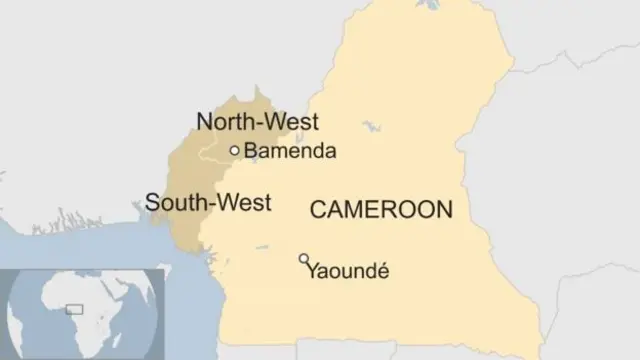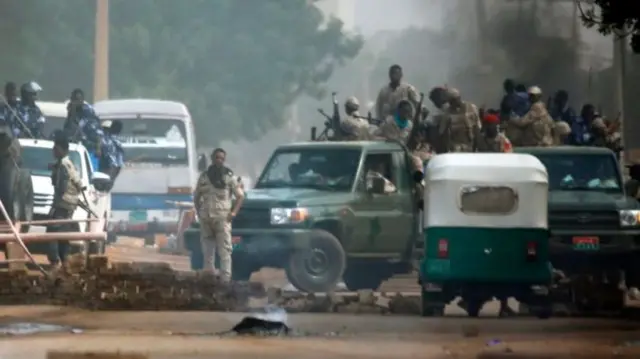Ethiopian football league suspendedpublished at 14:54 BST 5 June 2019
Kaleb Moges
BBC Amharic
Ethiopia's football authority has suspended its premier league just as the season was approaching its climax. The suspension comes after a row over the rescheduling of a match between Ethiopian Coffee and Mekelle.
The game was supposed to have been played on Sunday at Coffee's ground in the capital, Addis Ababa. But police said it should be postponed because of tensions between fans.
The last time the two teams met in Mekelle, northern Ethiopia, Coffee supporters were attacked and political slogans were displayed in the stadium.
Coffee said it was going to boycott the rescheduled fixture planned for Thursday, as it was due to take place without fans at a neutral venue outside Addis Ababa.
A short statement on the Ethiopian Football Federation's website said the Coffee v Mekelle fixture had been indefinitely postponed, along with all other matches.
"In order for the rest of the league games to be peaceful, the federation needs to hold discussions with all clubs and bring lasting solutions," it said.
There are three rounds of matches left to play and Mekelle are just three points adrift of league leaders Fasil with a game in hand.
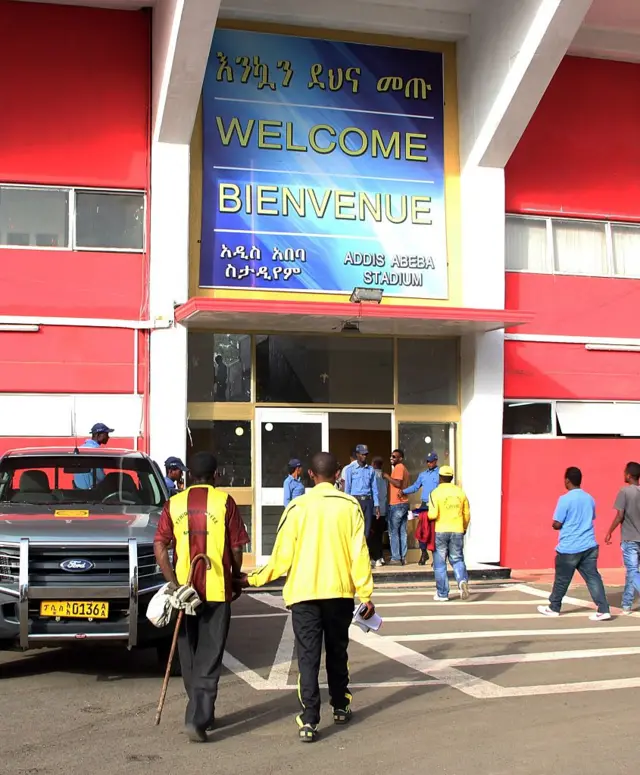 Image source, Getty Images
Image source, Getty ImagesEthiopian Coffee supporters, pictured outside the team's home at Addis Ababa stadium in 2015

